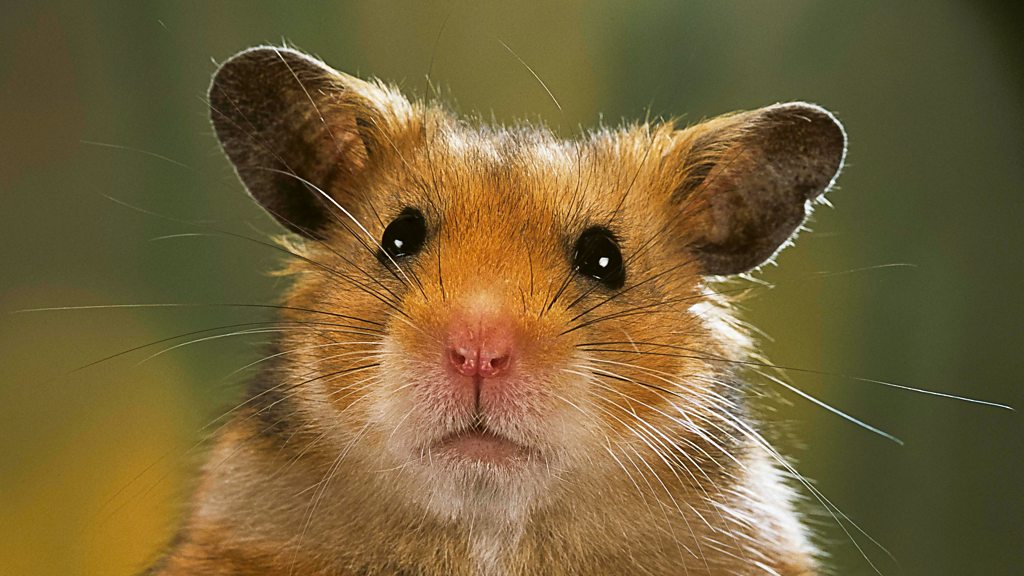The government has announced the euthanasia of all hamsters in pet shops in Hong Kong and called on people who keep the same batch of hamsters to hand over their pets to the relevant authorities. The Government has been severely condemned by the public for its lack of respect for the lives of animals and its inhumane request for people to surrender their pets.
It is even sad that there is a wave of hamster abandonment in the community, with animal shelters receiving more than 100 hamsters and some people even abandoning them on the streets with their cages. Some abandoners claimed that the elder generation in their families considered hamsters as rats and asked them to abandon them. What is even more outrageous is that some owners took the opportunity to euthanize their hamsters, which they had kept for two years, to the government. Even though it was explained that her hamster was not in the infected batch, she still insisted that the hamster could transmit the virus and needed to be euthanized, which was outrageous.
According to the World Dog Alliance (WDA), the incident reflects the lack of awareness of animal protection from senior government officials to the general public, and a wave of epidemic has triggered an animal protection “bomb” in Hong Kong. Firstly, the government has over-prevented the epidemic and failed to respect the lives of animals when formulating measures. Secondly, the older generation in Hong Kong has little knowledge of animal protection and mistakenly believes that hamsters are the same as rats, and those who take the opportunity to hand over their pets to the government for euthanasia are even more heartless.
The WDA has always stressed that legislation and education are necessary to raise public awareness of animal protection, and will continue to move in this direction. The current government gives the impression that it does not value the lives of other species. We hope that when the new government takes office in July this year, it will lead by example and respect the lives of other species when introducing policies.

